Coming out of COVID crisis, mobility needs will increase significantly, driving a globally resurging demand across multiple modes and means of transportation. Beyond 2021 we will see how the changes put into place today (e.g., EU Green Deal / Next Generation EU) will drive an innovation of the mobility ecosystem. Mobility will evolve into a “new normal”.
At this year’s second part of our 35th edition, we will continue to respond to this ongoing shift in the sector and broaden the scope from automotive to mobility.
After our first debate last November, we will now deepen our discussion to address the following topics:
Continuing with our 35-year tradition, we hope to shed some light on mobility-related questions while also addressing the «classic» questions relating to the Spanish, European and global markets. In doing so, we will continue providing a premier platform for senior executives from the mobility sector, industry experts and leading academics to exchange ideas about the future of mobility.
Due to exceptional health and safety measures, the conference will be Live Online
Claudia Escobar
IESE Industry Meetings
tel: +34 93 253 43 36

Speaker
| 15:00-15:05 | Welcome address (SESSION IN SPANISH*)
• Prof. Marc Sachon, Chairman, IESE Mobility, IESE Business School |
| 15:05-15:20 | IESE MOBILITY: Smart Industry, Mobility & Sustainability (SESSION IN ENGLISH*) |
| 15:20-16:05 | Competitivity in Mobility (SESSION IN SPANISH*)
• Joaquín Almunia, former Vice-President and Commissioner for Competition, European Comission Moderator: Prof. Jordi Canals, IESE Business School |
| 16:05-16:15 | Pausa |
| 16:15-17:00 | Next Generation Projects in Spain (SESSION IN SPANISH*)
• Maria Helena Antolin, Vice Chair, Grupo Antonin and President, Sernauto Moderator: Jordi Llidó, Partner, Deloitte Spain |
| 17:00-17:10 | Pausa |
| 17:10-18:25 | Smart Supply Chain: From Customers to Industry 4.0 (SESSION IN ENGLISH*)
• Stephan Durach, Senior Vice President, BMW Group Moderator: Prof. Marc Sachon, IESE Business School |
| 18:25 | Debrief (SESSION IN ENGLISH*)
• Prof. Marc Sachon, Chairman, IESE Mobility, IESE Business School |
| 09:30-09:35 | Welcome Day 2 (SESSION IN SPANISH*)
• Prof. Marc Sachon, Chairman, IESE Mobility, IESE Business School |
| 09:35-10:50 | Smart Mobility: New Business Models in the 21st Century (SESSION IN SPANISH*)
– Mobility: Metropolitan, Interurban & National • Carlos Acha, Chief Digital Officer, ALSA Moderators: • Juan Alfaro, Director Transport & Mobility, Deloitte |
| 10:50-11:00 | Pausa |
| 11:00-12:15 | Smart Sustainability: from OEM to Infrastructure and Suppliers (SESSION IN ENGLISH*)
• Dr. Thomas Becker, Vice President Sustainability and Mobility, BMW Group Moderator: Prof. Marc Sachon, IESE Business School |
| 12:15-12:45 | Debrief & Closing (SESSION IN ENGLISH*)
• Prof. Marc Sachon, Chairman, IESE Mobility, IESE Business School |
* Simultaneous translation to English or Spanish will be provided for all sessions.
The 35 IESE Mobility will be Live Online format.
The registration fee is:
In the event that we are able to combine it also in a face-to-face format,
we will communicate this in due course with the appropriate health conditions and protocols.
Payment must be made prior to program attendance.
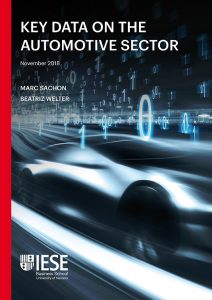
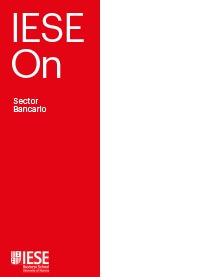
2020 · A new world · Session November 3, 2020
2019 · Diversity: Technology, Ecosystems & People
2018 · Back to the future
2017 · The age of turbulence
2016 · The Battle of Automotive
2015 · The Next 30 Years
2014 · Why Automobile
2013 · Two worlds, two speeds?
2012 · Tectonic Shifts
2011 · Megatrends in the Automotive Industry
2010 · Reinventing the Industry
2009 · The Automotive Industry in 2020
2008 · The Automotive Industry in the 2010’s: The Critical Decade?
2007 · Managing Global Uncertainty
2006 · Sustainability of the Automotive Industry in Europe
2005 · Competition and Cooperation
2004 · Back to Basics
2003 · Looking to the Future with Imagination
2002 · Competing Out of Confusion
2001 · Tightening the Screws
2000 · Consequences of Consolidation
1999 · Gods, Tombs, Brands and Experts
1998 · Another Call for Attention
1997 · Entering the 21st Century: The New Trends
1996 · East and West, the Challenge for Europe
1995 · Balance, Present and Future
1994 · How to Face the Recovery?
1993 · Where are we Going?
1992 · The End/Beginning of the Countdown
1991 · Building Up from the Crisis
1990 · Learning Organizations, Change and Innovation. Routines of the 90’s
1989 · A Call for Attention
1988 · Towards 1992: Single Market Consolidation
1987 · The Value-Added Chain in the Automotive Sector
1986 · The Future of the Automotive Sector
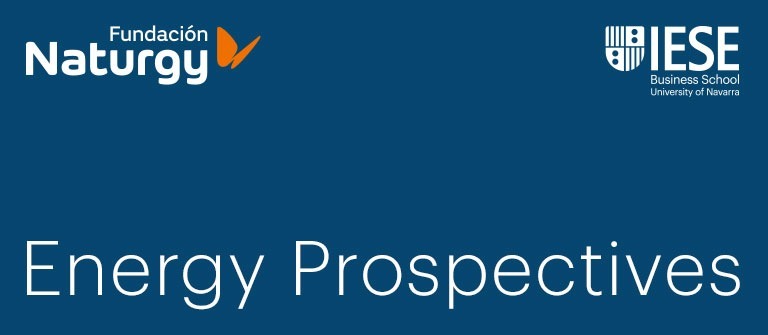
A series of top-level conversations on the economic, technical and scientific conditions anticipated in the future of the energy industry.
Energy Prospectives will bring together world figures recognized for their experience, vision and knowledge of the energy industry so they can share their expertise with business owners, regulators, senior managers and academics.
Due to exceptional health and safety measures, the conference will be by videoconference to facilitate participation, exclusively by invitation
Claudia Escobar
IESE Industry Meetings
tel: +34 93 253 43 36
Speaker
| 09:15-09:30 | Opening
• José Luis Suárez, Director General del IESE en Madrid |
| 09:30-10:15 | La política energética de la Comisión Europea
• Cristina Lobillo Borrero, Directora de Política Energética de la Unión Europea |
| 10:15-11:00 | La evolución de la política energética en España
• Nemesio Fernández-Cuesta, Presidente, Eolia Renovables y ex-Secretario de Estado de Energía |
| 11:00-11:45 | Discussion between the speakers and with participants
Moderated by Prof. Juan Luis López Cardenete, IESE Business School |
| 11:45 | Closing |
Simultaneous translation in English and Spanish in all sessions.
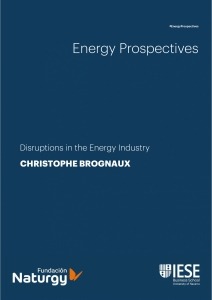
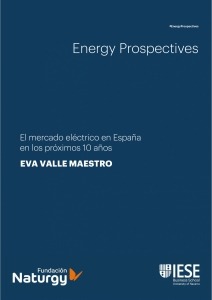
ANDRIS PIEBALGS
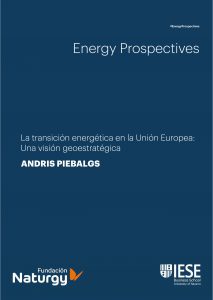
JORGE PADILLA
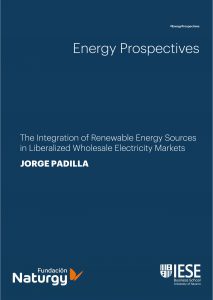
The Naturgy Foundation and IESE have launched Energy Prospectives, a series of top-level conversations on the economic, technical and scientific conditions anticipated in the future of the energy industry.
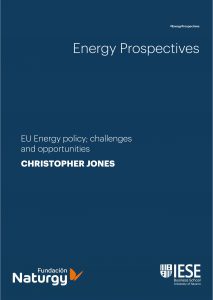
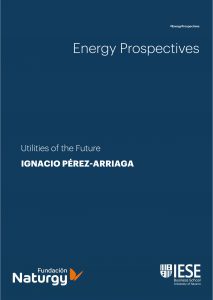
Will EU reach deep decarbonization goals? Energy Prospectives seminar maps out course for cutting emissions in Europe.
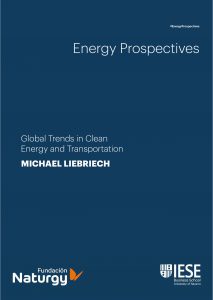
CLAUDIO ARANZADI
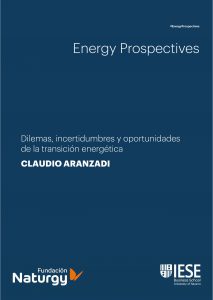
The Naturgy Foundation and IESE have launched Energy Prospectives, a series of top-level conversations on the economic, technical and scientific conditions anticipated in the future of the energy industry.
March 16, 2020 · Energy Prospectives – EP#6
November 25, 2020 · Energy Prospectives – EP#5
July 14, 2020 · Energy Prospectives – EP#4
October 15, 2019 · Energy Prospectives – EP#3
June 20, 2019 · Energy Prospectives – EP#2
March 14, 2019 · Energy Prospectives – EP#1

A series of top-level conversations on the economic, technical and scientific conditions anticipated in the future of the energy industry.
Energy Prospectives will bring together world figures recognized for their experience, vision and knowledge of the energy industry so they can share their expertise with business owners, regulators, senior managers and academics.
Due to exceptional health and safety measures, the conference will be by videoconference to facilitate participation, exclusively by invitation
Claudia Escobar
IESE Industry Meetings
tel: +34 93 253 43 36
Speaker
Speaker
| 09:15-09:30 | Opening
• Philip Moscoso, Associate Dean for Executive Education, IESE Business School |
| 09:30-10:15 | The Geopolitics of the Energy Transition
• Gonzalo Escribano, Director of the Energy and Climate Change Program at the Elcano Royal Institute |
| 10:15-11:00 | Transition, COVID and the Strategies of Energy Companies
• Thomas Vahlenkamp, Global Leader of the Energy and Materials Area at McKinsey & Company |
| 11:00-11:45 | Discussion between the speakers and with participants
Moderated by Prof. Massimo Maoret, IESE Business School |
| 11:45 | Closing
• Rafael Villaseca, President of the Naturgy Foundation |
Simultaneous translation in English and Spanish in all sessions.


ANDRIS PIEBALGS

JORGE PADILLA

The Naturgy Foundation and IESE have launched Energy Prospectives, a series of top-level conversations on the economic, technical and scientific conditions anticipated in the future of the energy industry.


Will EU reach deep decarbonization goals? Energy Prospectives seminar maps out course for cutting emissions in Europe.

CLAUDIO ARANZADI

The Naturgy Foundation and IESE have launched Energy Prospectives, a series of top-level conversations on the economic, technical and scientific conditions anticipated in the future of the energy industry.
November 25, 2020 · Energy Prospectives – EP#5
July 14, 2020 · Energy Prospectives – EP#4
October 15, 2019 · Energy Prospectives – EP#3
June 20, 2019 · Energy Prospectives – EP#2
March 14, 2019 · Energy Prospectives – EP#1
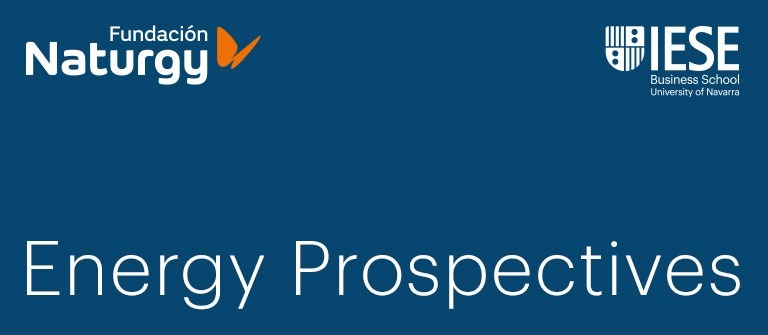
A series of top-level conversations on the economic, technical and scientific conditions anticipated in the future of the energy industry.
Energy Prospectives will bring together world figures recognized for their experience, vision and knowledge of the energy industry so they can share their expertise with business owners, regulators, senior managers and academics.
IESE Madrid
Camino del Cerro del Águila, 3
28023 Madrid
This event is by invitation only
Claudia Escobar
IESE Industry Meetings
tel: +34 93 253 43 36
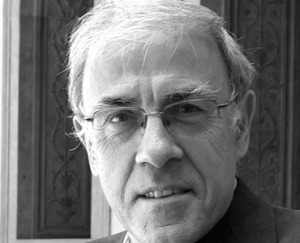
Speaker
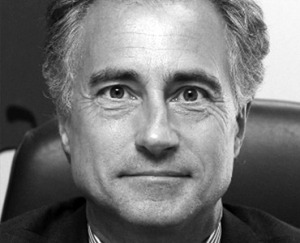
Speaker
| 09:15-09:30 | OPENING
• Prof. José Luis Suárez, Director, IESE Business School Madrid |
| 09:30-10:15 | EU ENERGY POLICY; CHALLENGES AND OPPORTUNITIES
• Christopher Jones |
| 10:15-11:00 | UTILITIES OF THE FUTURE
• Ignacio Pérez Arriaga |
| 11:00-11:45 | COLOQUIUM
Moderator: Prof. Javier Díaz Giménez, Professor of Economics, IESE |
| 11:45-12:00 | CLOSING
• Rafael Villaseca, President, Naturgy Foundation |
| 12:00-12.30 | Networking cóctel |
| 12:30 | End session |


Will EU reach deep decarbonization goals? Energy Prospectives seminar maps out course for cutting emissions in Europe.

CLAUDIO ARANZADI

The Naturgy Foundation and IESE have launched Energy Prospectives, a series of top-level conversations on the economic, technical and scientific conditions anticipated in the future of the energy industry.
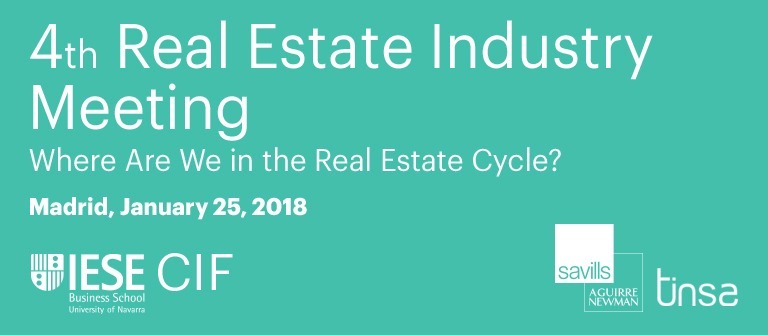
The real estate industry is currently going through a good patch. The recession seems to be long forgotten. Now all operators in the industry are wondering how long the boom will last and what changes could be imminent. Could a stronger industry with less pronounced cycles be ahead of us? Or will we repeat the mistakes of the previous cycle?
The industry has not yet managed to overcome society’s reticence about an activity that, for some, seems speculative. How do we bring the real estate industry and society closer together, thereby highlighting the industry’s true spirit of service and making it more visible?
IESE Madrid
Camino del Cerro del Águila, 3
28023 Madrid
IESE Industry Meetings
tel: +34 93 253 43 36
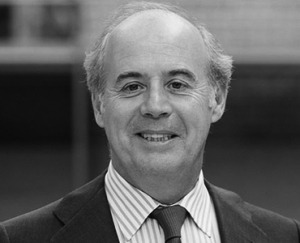
Academic Collaborator
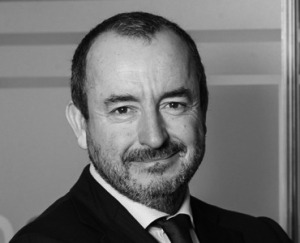
Academic Collaborators
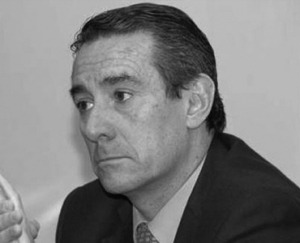
Speaker
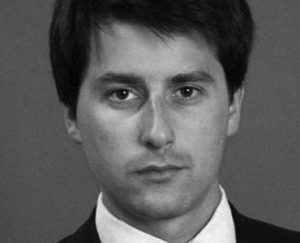
Speaker
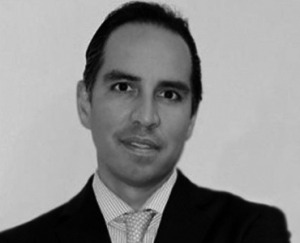
Speaker
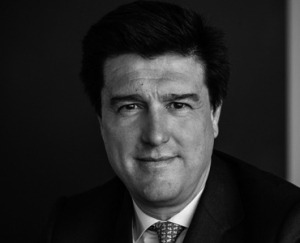
Speaker
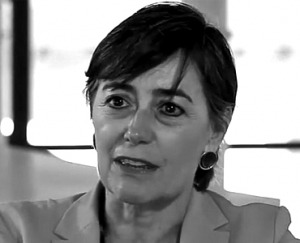
Speaker
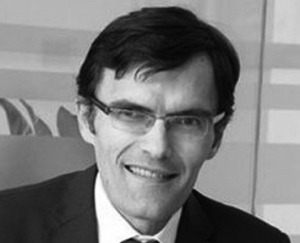
Speaker
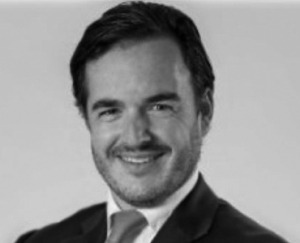
Speaker
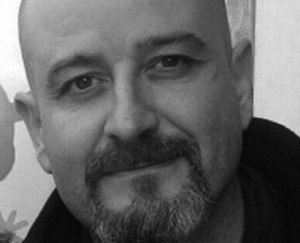
Speaker
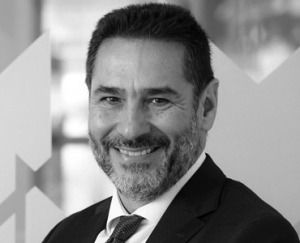
Speaker
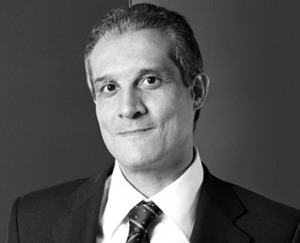
Speaker
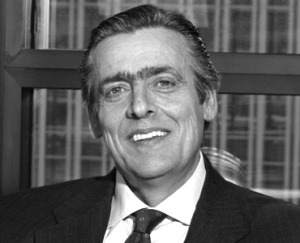
Speaker
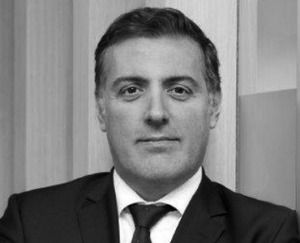
Speaker

Speaker
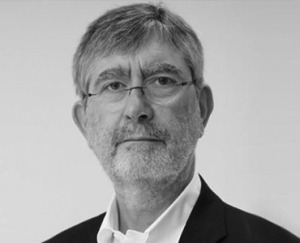
Speaker
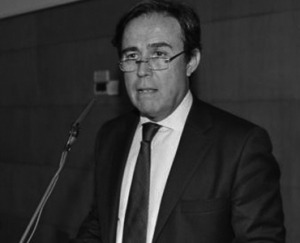
Speaker
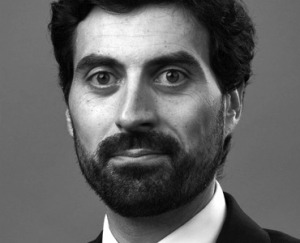
Speaker
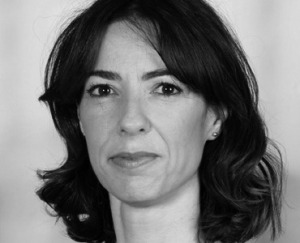
Speaker
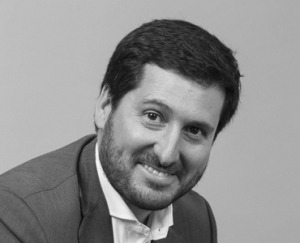
Speaker
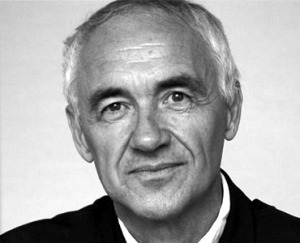
Speaker
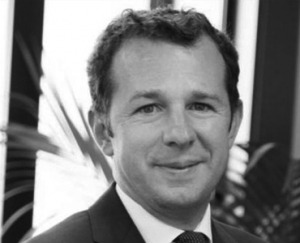
Speaker
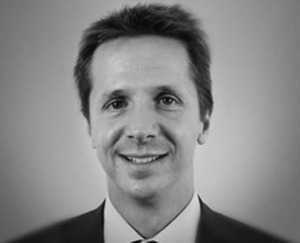
Speaker

Speaker
| 08:30-09:00 | Welcome and registration |
| 09:00-09:15 | OPENING
• Prof. José Luis Suárez, Academic Director of the Meeting, IESE Business School |
| 09:15-10:15 | CHALLENGES FOR NEW RESIDENTIAL DEVELOPMENT PROJECTS
• Juan Antonio Gómez-Pintado, Chairman, Vía Célere and President, ASPRIMA, APCE Moderator: Prof. José Luis Suárez, IESE Business School |
| 10:15-10:45 | Coffee Break |
| 10:45-11:45 | COMMERCIAL REAL ESTATE AND PRODUCT DIFFERENTIATION IN THE NEW CYCLE
• Raúl González, CEO, Barceló Group Moderator: Susana Rodriguez, Partner, Consultancy Manager, Savills Aguirre Newman |
| 11:45-12:00 | ACCESS TO HOUSING
• Prof. José Luis Suárez, IESE Business School |
| 12:00-13:00 | THE REAL ESTATE INDUSTRY’S CONTRIBUTION TO SOCIETY
• Guillermo Jaime Calderón, Founder and President, Grupo MIA, Mexico Moderator: Ignacio Martos, CEO, Tinsa |
| 13:00-14:30 | Lunch |
| 14:30-15:30 | FINANCING IN A CONTEXT OF MAJOR CHANGE
• Juan Antonio Alcaraz, Managing Director, CaixaBank Moderator: Prof. Jorge Soley, IESE Business School |
| 15:30-16:30 | THE IMPACT OF THE TRANSFORMATION OF SOCIETY ON THE REAL ESTATE INDUSTRY
• Pilar Conesa, CEO Anteverti y Curadora Smart City Expo World Congress Moderator: Prof. Carles Vergara, IESE Business School |
| 16:30-17:00 | Coffee Break |
| 17:00 – 18.00 | THE FUTURE OF SPANISH REITS ON THE FIFTH ANNIVERSARY OF THE REFORM ACT
• Ismael Clemente, CEO, Merlin Properties Socimi Moderator: Prof. José Luis Suárez, IESE Business School |
| 18:00-18:15 | CLOSING
• Prof. José Luis Suárez, Academic Director of the Meeting, IESE Business School |


